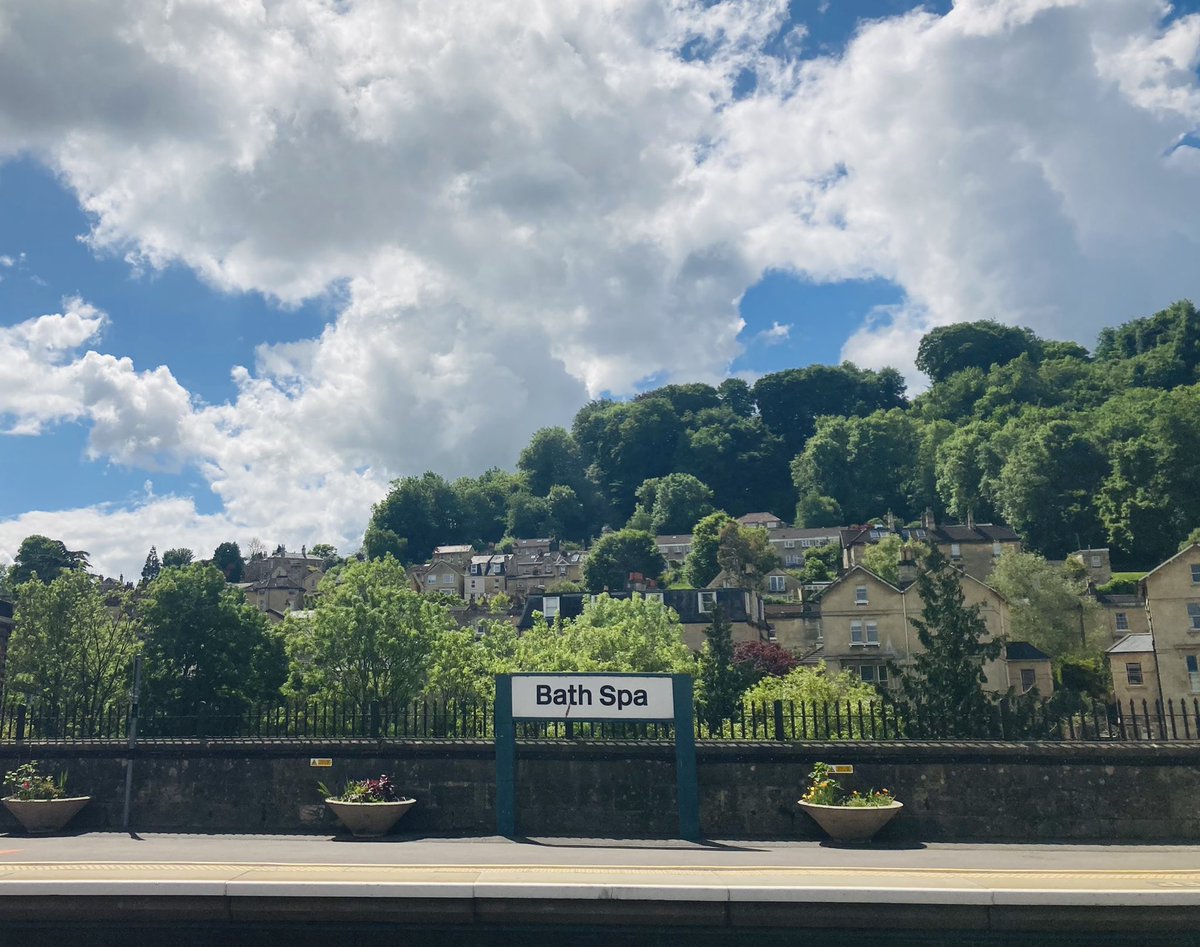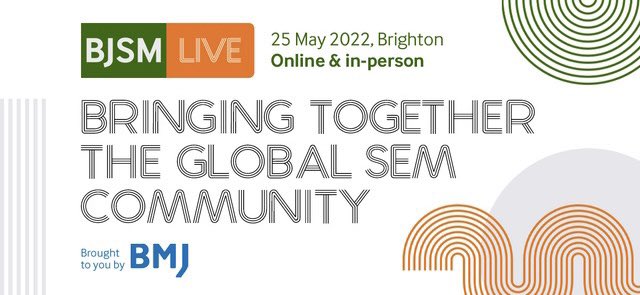So how did I end up here? After wanting to be a vet for the longest time I realised that 1) I did not have the people skills to deal with pet owners and 2) I was actually not that great at chemistry...or so I thought when I was in school! Vet school, at least in the UK
Also requires you to do 6 weeks of work experience. I did 2 with vets that I knew but this also required my mum to be available to drop me off and pick me up at the vets office everyday and we lived outside of town...so this was a big undertaking even for 2 weeks!
I wanted to be a wildlife vet and I realised that the number of successful wildlife vets was actually pretty small and junior vets who work in small animal practice are actually not paid very much compared to the extensive time they are in school
I spent time as an a-level student doing a voluntary project about wolves at Longleat Safari Park (my mum came along for this too) and I decided that this was what I wanted to do. Wolves were so fascinating to me and I really wanted to study them.
As a Black kid who grew up in a white, rural area maybe I identified with these wolves who I thought were really misunderstood. They were not the big bad wolf that you are led to believe as kids and they are actually really important in their ecosystems.
I started to learn about trophic cascades and the role of wolves as predators asserting top down pressure on the foodchain and how all the different parts interacted and I was hooked! And so I decided to pursue Zoology with the intent of becoming an ecologist #BlackMammalogists
• • •
Missing some Tweet in this thread? You can try to
force a refresh









